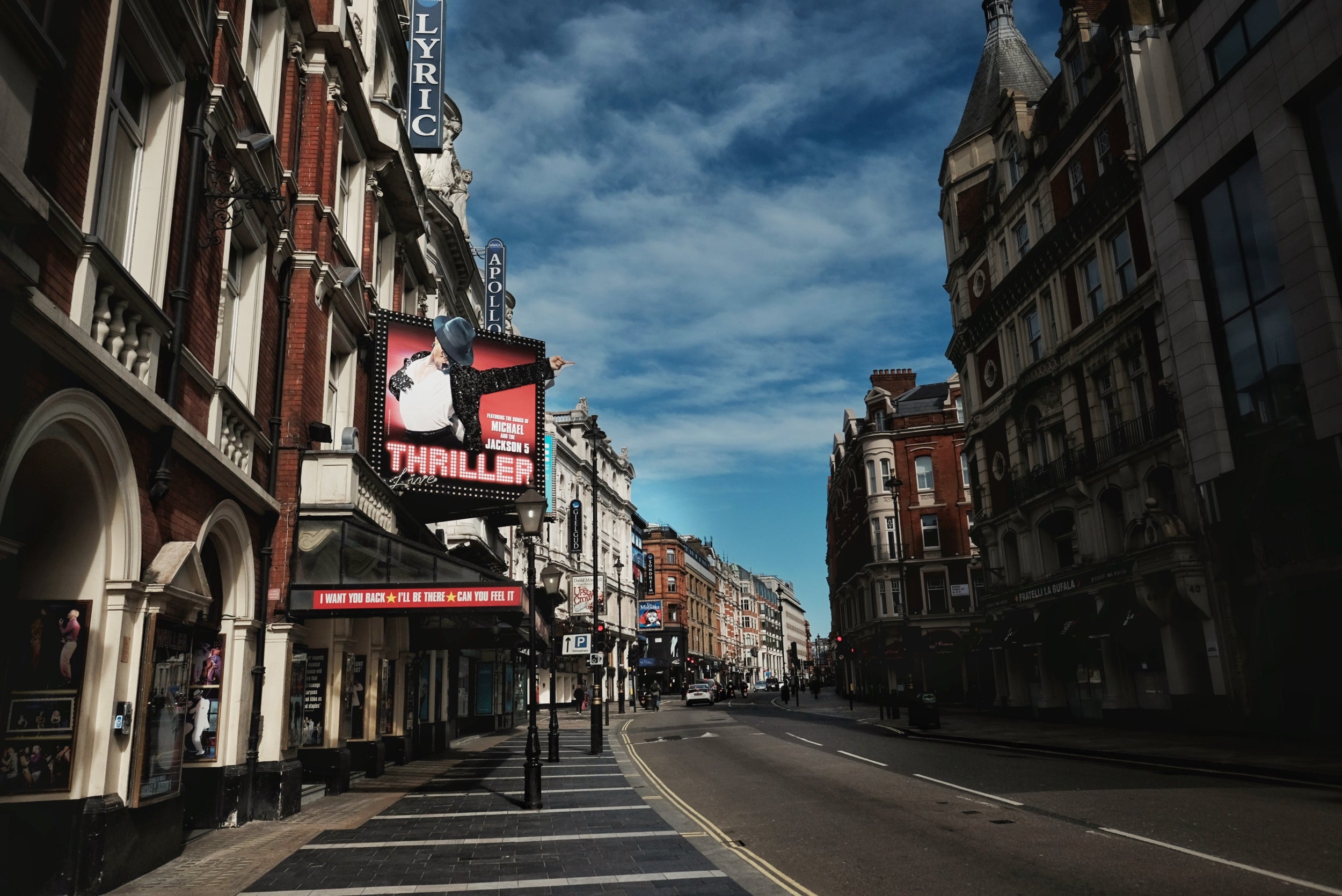To save theatre from coronavirus, take it out of old buildings and into the community
What should the performing arts do while the world waits for a Covid-19 vaccine? Evacuate, says Alan Read


With museums, galleries and cinemas emerging from lockdown across the UK on 4 July, theatre can only dream of its own independence day. Cameron Mackintosh is looking on the bright side thinking his stable of musicals including Les Misérables, Phantom of the Opera and Hamilton will reopen in early 2021.
There is no scientific evidence to suggest that any such thing will be practical or possible. This is not naysaying, nor unduly gloomy, it is realistic. And, instead of magical thinking that neuters every interesting idea with an unfulfillable promise, it has the benefit of inviting space for imaginative solutions to the pandemic crisis for the performing arts.
In the theatre there can be no ‘post pandemic’ anyway. We have lived, and so many colleagues have died, through the HIV/AIDS devastation of the last four decades. The performing arts will always exist within an inter-pandemic world, and it is one that poses serious challenges. Our collective solutions should honour those who are no longer with us.
The building-based theatres of the UK, by their nature institutions that provide dry containers for comfort, heat and light, should forget tinkering with the fantasy of social distancing. Two metres? One metre? The first requires theatres to work at 20 per cent capacity, the second at 35 per cent. Both are bankrupting models for the coming year.
So, what to do in the meantime while a vaccine is developed? I would suggest: evacuate the building.
Instead companies and institutions should double down on their already expansive community outreach and make that outreach for all.
Then, to end the unspoken polarisation that has begun to develop between two extremes of the theatre culture, those in most influential positions should partner with those most precarious in the artistic community – freelancers whose work has always been the life force of the UK theatre industry. Writers, designers, choreographers, performers, musicians, props specialists, independent producers, costumiers and those who most commonly embrace the public – our irreplaceable front-of house colleagues, who should be working alongside our most creative entrepreneurs to this shared goal.
Who will pay for this collaborative alliance of rescue, recovery and reuse? The government of the day found £500bn for the banks in 2008. Those who have done nothing wrong now, by any fair measure, must be supported to the modest tune of 1 per cent of that figure. This is not just to protect the much touted £10bn generated by the arts and creative sectors annually to the UK economy, but to provide life support for a theatre sector that does not even get a rest in war time.
It is high time we rebuilt and reinvented theatre’s future, together. Now is that time. It won’t come along again within a century.
We should work collectively on a shared front, taking direction, inspiration and guidance from the MeToo, Black Lives Matter and climate change movements to test our progress towards social justice. This is not elocution practice, nor just about how to speak nicely, but how to act for serious change.
For instance, our tourist-driven West End model cannot survive in the current climate, and if we wish to protect that climate in the future, should not unnecessarily delude us now into thinking it must be saved at all costs as it is. The entire theatre ecology must become sustainable for the first time in its long wasteful history.
This will require all theatres of all scales to forget the old split model of the virtuosi profession (previously known as artists) versus the placid people (previously known as audiences). The tension between those who profit from the theatre, and those who give back, needs reciprocal action now to survive in any shape for the future.
The cast and crew of Les Misérables could be invited up to the Holbeck Working Men’s Club in Beeston near Leeds, not just to look at what Slung Low have been doing through the Covid-19 crisis to support and sustain their community, but to roll their sleeves up and get stuck in by ensuring those food deliveries continue. Once everyone is safe and supported, they could also perhaps be persuaded to share their own undoubted talents for singing, spectacle and seeking justice for those who society has neglected. Victor Hugo would approve.
Slung Low could be invited down from Leeds to spend time on the barricades of the Sondheim Theatre. There they could stage their own workshop version of Les Misérables with the kids and care home residents from around the corner, and knowing Slung Low’s love of fireworks, deliver some serious pyrotechnics that would liven up the show when it reopens. When it does reopen, which it will, those people who were once audiences, but you might now call participants, will do so on equal terms. And safe ones.
Alan Read is a writer and professor of theatre at King’s College London
Join our commenting forum
Join thought-provoking conversations, follow other Independent readers and see their replies
Comments